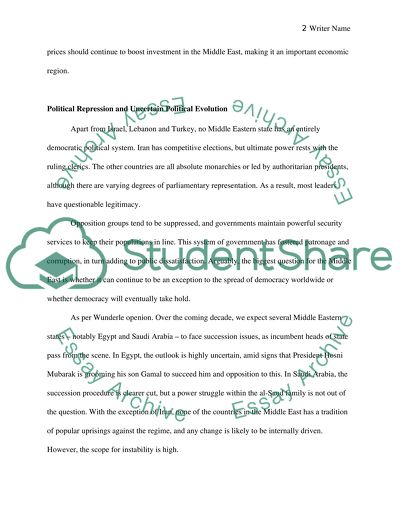Cite this document
(Middle East Social and Political Analysis Essay - 1, n.d.)
Middle East Social and Political Analysis Essay - 1. https://studentshare.org/politics/1573933-political-science
Middle East Social and Political Analysis Essay - 1. https://studentshare.org/politics/1573933-political-science
(Middle East Social and Political Analysis Essay - 1)
Middle East Social and Political Analysis Essay - 1. https://studentshare.org/politics/1573933-political-science.
Middle East Social and Political Analysis Essay - 1. https://studentshare.org/politics/1573933-political-science.
“Middle East Social and Political Analysis Essay - 1”. https://studentshare.org/politics/1573933-political-science.


